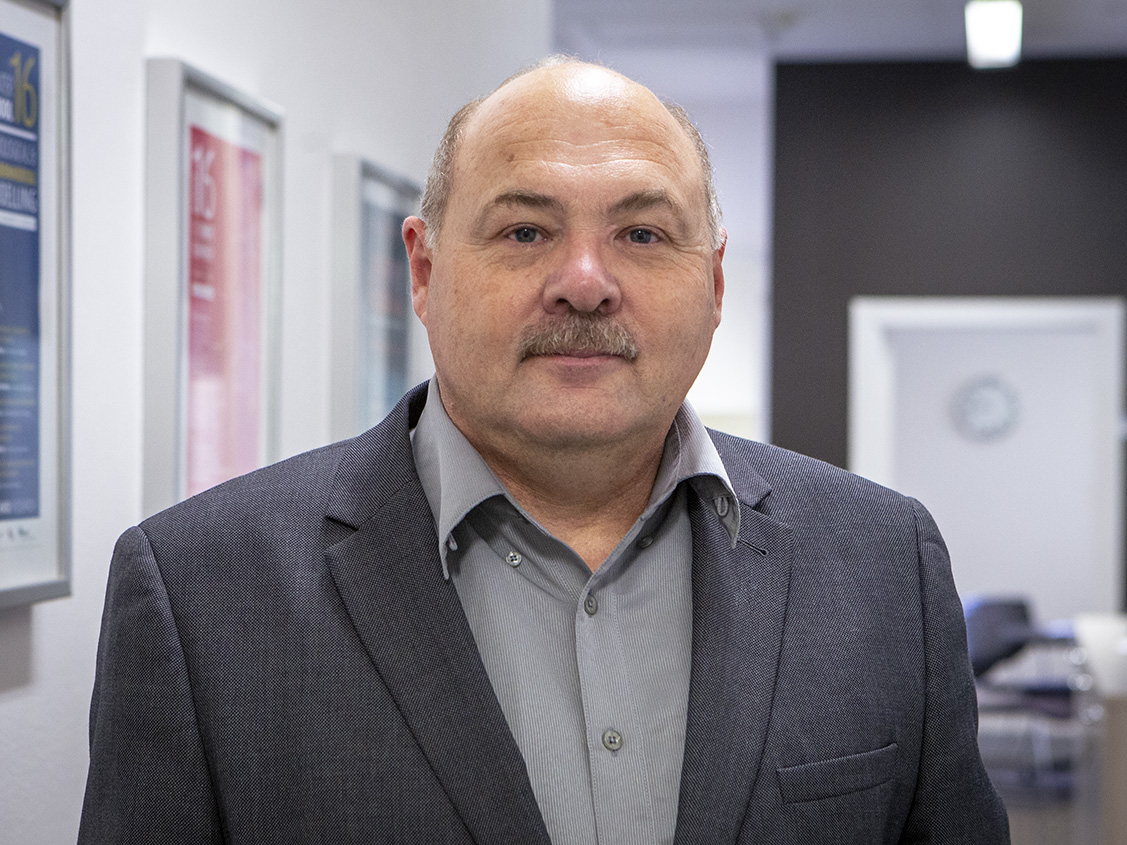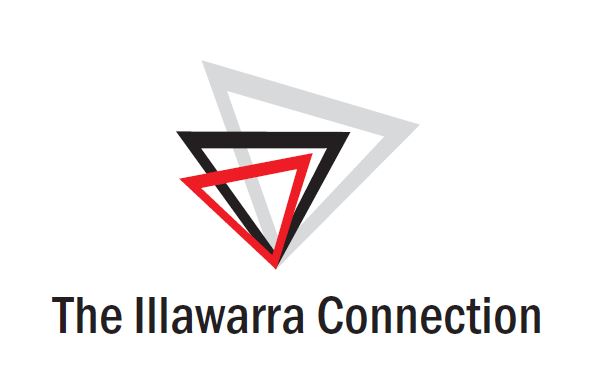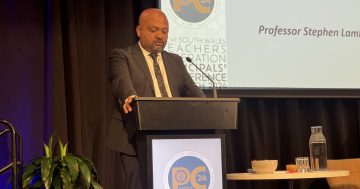
Maths anxiety is a growing problem in schools. Photo: File.
A local business has provided financial backing for a project to help tackle a growing problem in the nation – maths anxiety.
Austinmer proprietary trading firm Tibra has helped fund Maths Anxiety Teacher Talks and Stem Practices, a project being piloted in schools in NSW and SA.
A joint project between the Australian Mathematical Sciences Institute (AMSI), Bowral’s Oxley College and the University of South Australia, it’s sending academics into participating schools to deliver teacher professional development sessions.
These sessions provide primary and secondary school teachers the tools they need to address increasingly apprehensive attitudes towards mathematics in the classroom.
Participation in advanced mathematics in years 11 and 12 has been on the decline for some time, and research has revealed this stems from a change in outlook that begins earlier than we think, according to AMSI Director and UoW Honorary Professor Tim Marchant.
“Maths anxiety can be a real barrier to performance at school,” he said.
“We know that it tends to affect girls more than boys and we know that it starts to impact kids at quite a young age.
“That’s why we’re implementing this project in both primary and secondary schools. In doing that, we’ve discovered negative attitudes towards maths can start to appear from as early as Year 3. That can then build, and affect confidence and ultimately prevent them doing higher levels of mathematics down the track.”

Professor Tim Marchant said demand for people with good quantitative skills far outstripped supply across several industries. Photo: Supplied.
For the past 20 years the rate of children doing higher levels of mathematics has been about 10 per cent of the cohort. In 2020 that dropped to 9.2 per cent.
Similarly, the number of children participating in the middle levels of mathematics dropped from more than 20 per cent to 17.6 per cent.
In addition, the gender ratios remain stubbornly disproportionate: of those children participating in the highest level of maths only about 35 per cent were female.
“This feeds the shortage of women in STEM occupations and leadership roles,” Prof Marchant said.
“It’s impossible to accelerate that if that part of the pipeline is being pinched. In other words, if we don’t increase the number of girls participating in high-level mathematics, it’s harder to get equity in the workforce.”
Prof Marchant said as demand for mathematics graduates boomed, the maths anxiety trend was negatively impacting opportunities for young people.
“The economy has changed, we’re now in a high-tech economy that requires people with good quantitative skills. Skills in data sciences and analytics are in high demand,” he said.
“When we think of national projects, for example our ambitions for designing and building submarines, we’ll need thousands more engineers than we’re currently producing.
“We have reducing supply when the starting salaries for mathematics graduates is often $100,000 to $250,000 a year.”
It’s why Tibra Foundation, the philanthropic arm of local trading firm Tibra, has donated an undisclosed amount to help fund the project.
Tibra Foundation trustee Rebecca Johanson said understanding early barriers in STEM was key to maintaining a healthy and diverse talent pipeline.
“By understanding and removing blockers, we hope to grow the volume of people participating in and more importantly enjoying mathematics – in particular in regional and rural areas and for young women who are underrepresented in STEM degrees today,” she said.
“That’s why the Tibra Foundation is passionate about mathematical sciences and ensuring everyone has the best opportunity possible to explore careers in STEM.”
The project will continue for the remainder of 2023. Over that time academics will continue to capture data towards students’ shifting attitudes towards mathematics using cutting-edge AI algorithms.
Early results seem positive, and there’s hope that if the outcome indicates success, industry partners and philanthropic funders will help scale the program for expanded rollout.
“The project is providing teachers with tools to reduce maths anxiety and make mathematics fun again,” Prof Marchant said.
“We hope this translates to a resurgence of young people in high-level mathematics, and hopefully progressing to mathematics degrees and beyond, to a fulfilling and lucrative career.”












